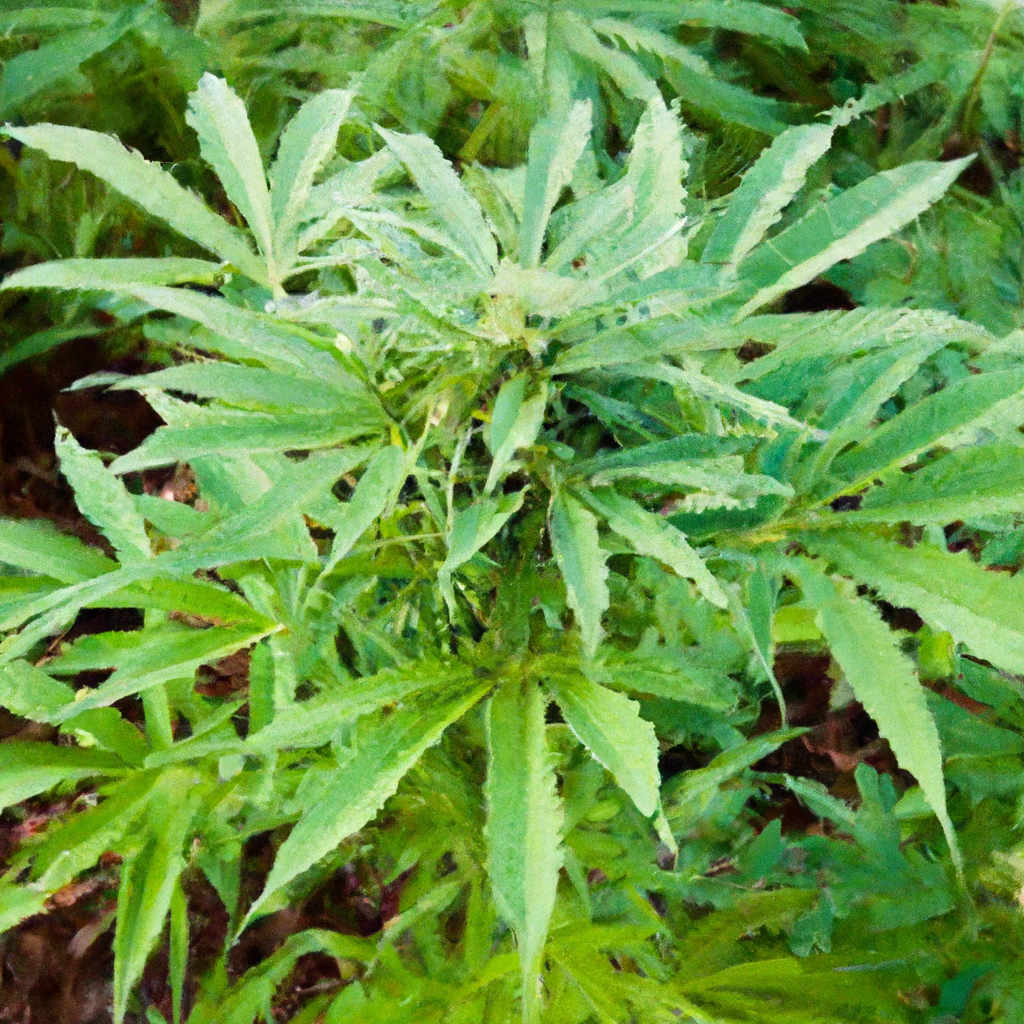Your cart is currently empty!
The trend towards organic cultivation has engulfed many agricultural sectors, and cannabis is no exception. As consumers become more eco-conscious, the demand for sustainably grown, organic cannabis is on the rise. Organic growing methods not only benefit the environment but also enhance the quality and safety of the final product. This guide will explore the best practices for organic cannabis cultivation, focusing on using natural fertilizers, compost, and pest control methods.
Building a Healthy Soil Ecosystem
The foundation of organic growing begins with creating a robust soil ecosystem. Healthy soil is alive with microorganisms that support nutrient absorption and improve plant health.
- Compost: Incorporate homemade or store-bought organic compost. This adds essential nutrients and microbial life to the soil.
- Cover Crops: Plant cover crops such as clover or alfalfa to fix nitrogen in the soil and prevent erosion.
- Mulching: Mulch with organic materials like straw or wood chips to retain moisture and keep roots cool.
Natural Fertilizers for Optimal Growth
Forget synthetic fertilizers; organic cannabis thrives on naturally sourced nutrients. Here are some top choices:
- Worm Castings: Rich in nutrients and beneficial microbes, worm castings enhance soil structure and fertility.
- Fish Emulsion: A potent liquid fertilizer made from fermented fish, excellent for enriching nitrogen levels.
- Bone Meal: High in phosphorus, bone meal aids strong root development and flowering.
Eco-Friendly Pest Control
Maintaining a chemical-free garden is essential in organic cultivation. Thankfully, nature provides effective pest-control solutions.
- Neem Oil: A natural pesticide that protects against a variety of insects while minimizing harm to beneficial species.
- Companion Planting: Use plants like marigolds or basil to repel pests naturally and attract pollinators.
- Beneficial Insects: Introduce ladybugs or predatory mites to control aphid and spider mite populations.
Sustainability in Action
Organic cannabis isn’t just about what you do; it’s about how you approach your cultivation practices. Prioritize sustainability with these methods:
- Water Conservation: Utilize rainwater collection and drip irrigation systems to reduce water waste.
- Energy Efficiency: Implement solar energy solutions to power your grow operations, minimizing your carbon footprint.
- Reuse and Recycle: Recycle plant waste and reintegrate it into your composting systems.
Conclusion
Organic cannabis cultivation offers a way to produce high-quality cannabis while preserving our planet’s environmental health. By focusing on natural inputs and sustainable practices, growers can achieve successful harvests that are beneficial for both consumers and the environment.
Adopt these organic methods to pave the path towards a greener and more sustainable future in cannabis cultivation.
Tags: OrganicGrowing, NaturalFertilizers, Compost, PestControl, Sustainability
Discover more from Magic Clones
Subscribe to get the latest posts sent to your email.


Leave a Reply